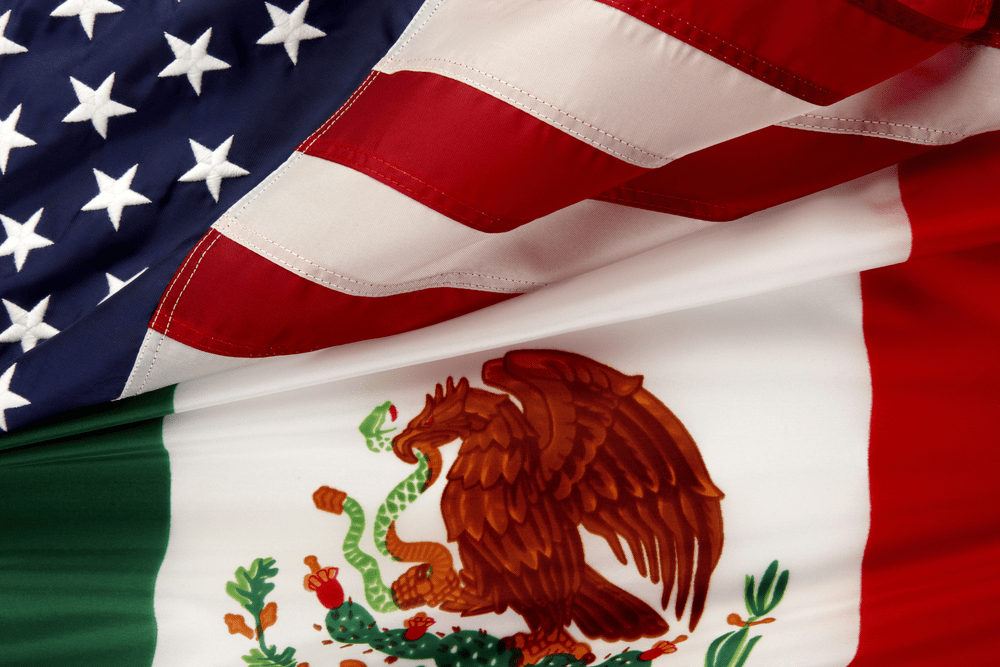The Mexican government highlighted one of the limits of the Rapid Response Labor Mechanism in the framework of the Treaty between Mexico, the United States and Canada (USMCA).
It is the non-retroactivity of trade agreements related to the use of this mechanism.
Rapid Response Labor Mechanism in USMCA
On the one hand, the U.S. government was the driving force behind the establishment of this mechanism, which it emphasizes every chance it gets as a way to better balance competition between Mexican and U.S. workers in the production of goods and services traded bilaterally.
On the other hand, the Mexican government has reiterated that the mechanism in question should not be used excessively.
The Sixth Report of the Presidency of Mexico highlighted that a ruling in favor of Mexico in the first arbitration panel of the Rapid Response Labor Mechanism set a precedent on the non-retroactivity of trade agreements, while promoting a reasonable and good faith use of this mechanism.
Limits of the Labor Mechanism
The Mexican government handled 25 requests for review under this remedy:
- In 18 cases, remedial courses were agreed upon or remedial actions were taken for possible denial of rights.
- In two cases no denial was found.
- The requests were rejected or were outside the scope of the mechanism in three cases.
- Two more cases remained under review.
- Of the total number of requests received, two cases reached the labor panel stage: one was favorable to Mexico due to lack of jurisdiction of the panel and the other continued in process.
Mining
In August 2023, the U.S. government requested Mexico to establish a Rapid Response Labor Panel to settle the differences between governments regarding the labor dispute at the San Martin Mine.
This mine is located in Sombrerete, Zacatecas, and produced 4,647 tons of copper concentrates and 14,865 tons of zinc in 2023.
The conflict began in July 2007, when the Mining Union went on strike at the mine. After 16 years of legal disputes, the Federal Conciliation and Arbitration Board (Junta Federal de Conciliación y Arbitraje, JFCA) issued a resolution on June 9, 2023. This resolution annulled the August 23, 2018 agreement, which had terminated the strike through an agreement between Grupo Mexico and a coalition of workers.
On June 14, 2023, the ARB ruled on the imputability of the strike. In its ruling, it recognized the Mining Union as the holder of the collective bargaining agreement. In addition, it declared Grupo Mexico liable for the strike and ordered to pay back wages and benefits. Finally, the strike was terminated.
No products were exported from this mine to the United States.
In this way, the case allowed to place limits on the Rapid Response Labor Mechanism in the USMCA.

